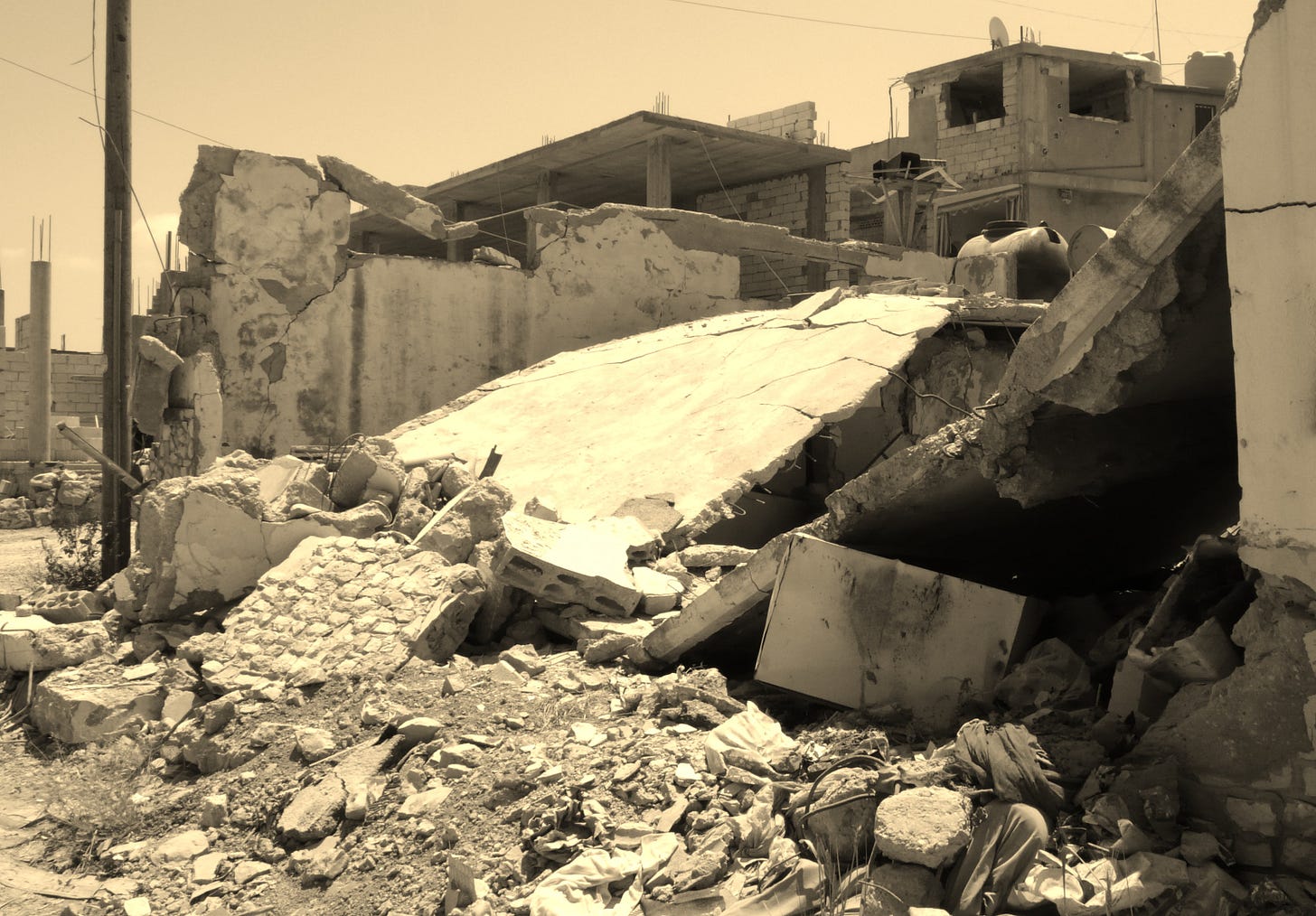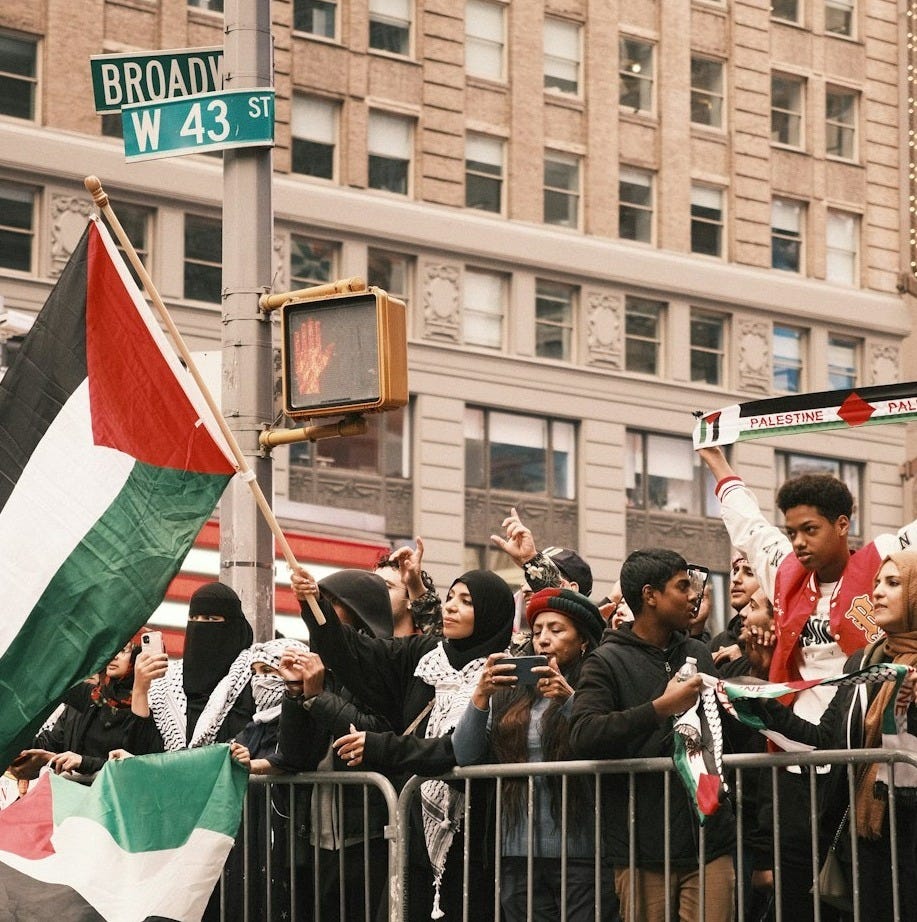The 76-year-old war between Israel and its neighbourhood, centred around the Holy Land, is unparalleled in its capacity to provoke conflict and tension far beyond its shifting frontlines.
It is the globalisation of politics rather than production, but the impact just as local, amplified by diaspora and religious communities around the world.
Even as the Labour Party won a huge majority in Britain’s recent general election, four of its MPs lost their seats because of its stance on the Gaza war. On the other side of the divide, pro-Israel groups spent millions this summer to oust two Democratic congressional representatives because of their positions on the conflict, the latest U.S. politicians to be similarly micro-targeted out of office.
And as this latest stage to this old war has metastasized — defying the hopes of the Biden-Harris administration that it would be off the front pages by now — it could swing enough votes to decide who will next lead the United States.
This unique power to polarise has been on display again this week, as the first anniversary of Hamas’ October 7 assault was marked with commemoration ceremonies, more pro-Palestinian protests in Western capitals and discord inside news outlets over their coverage.
Public reaction to Russia’s full-scale invasion of Ukraine has never risen to the same level or provoked the same passions — not forgetting to mention the even more forgotten war still raging in Sudan, with more than 20,000 people dead and no end in sight. In case you’re wondering, its first anniversary was on April 15.
‘The war could yet swing enough votes to decide who will next lead the United States.’
Keep reading with a 7-day free trial
Subscribe to Sketchy Reports to keep reading this post and get 7 days of free access to the full post archives.




